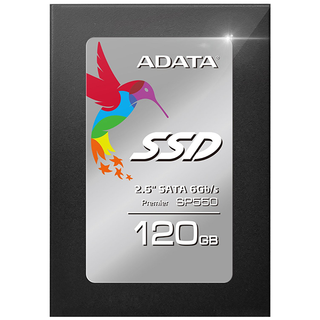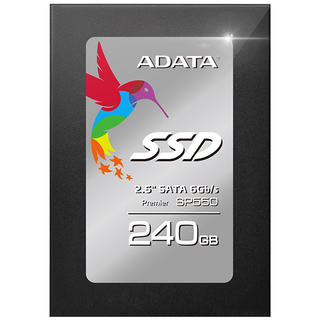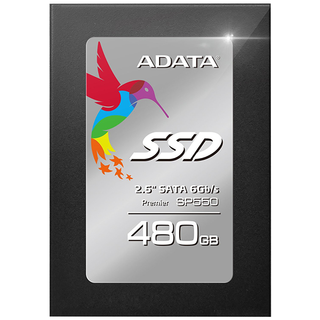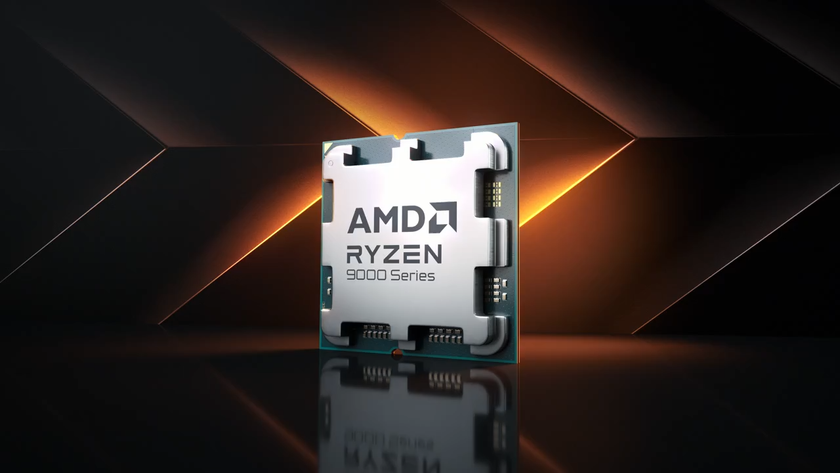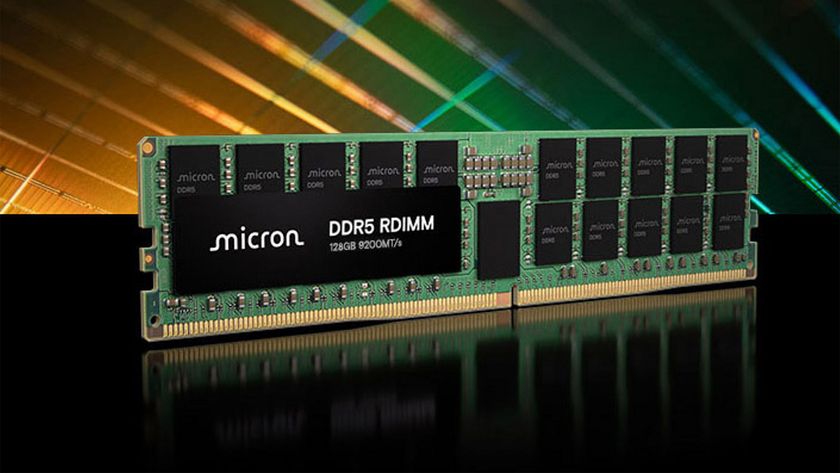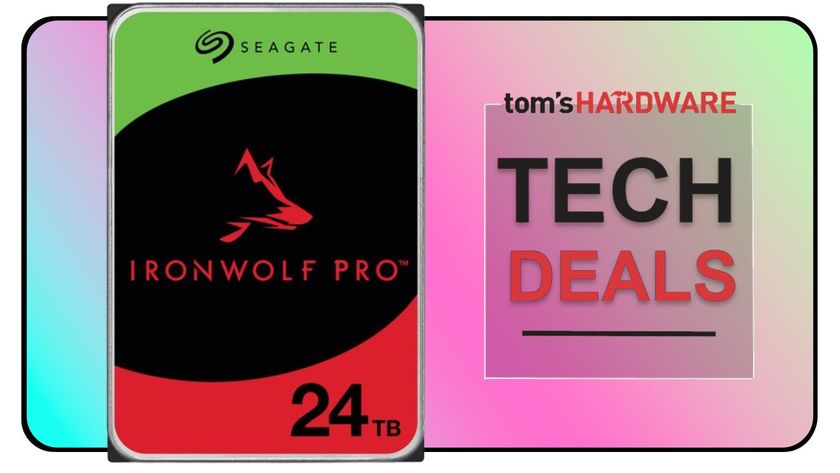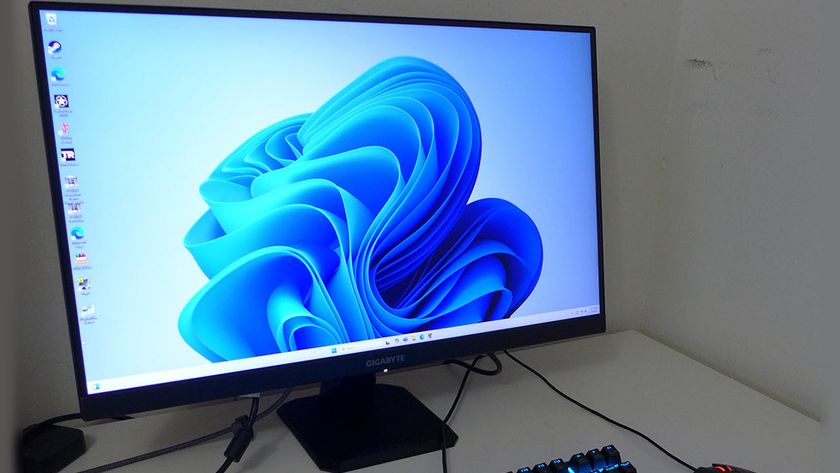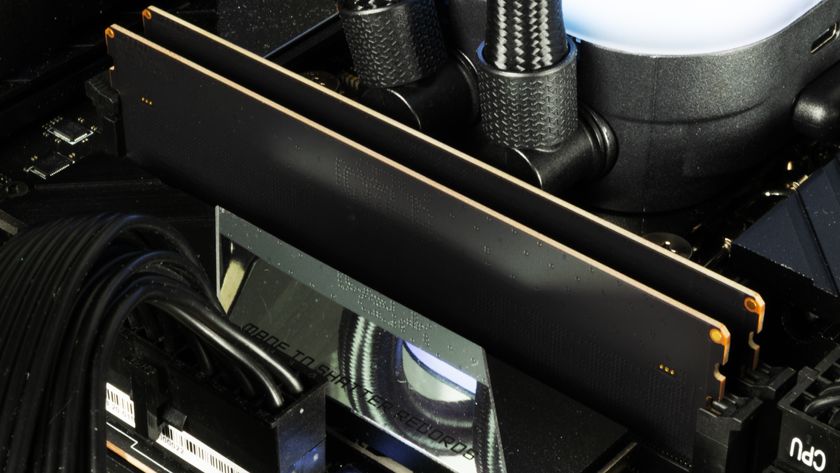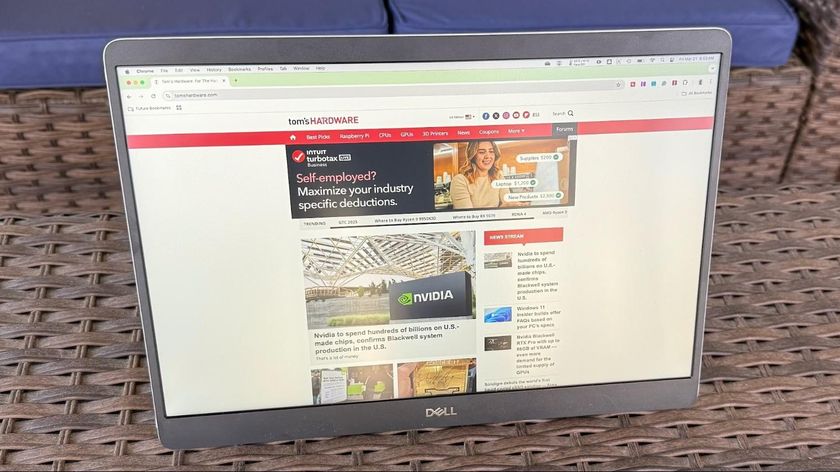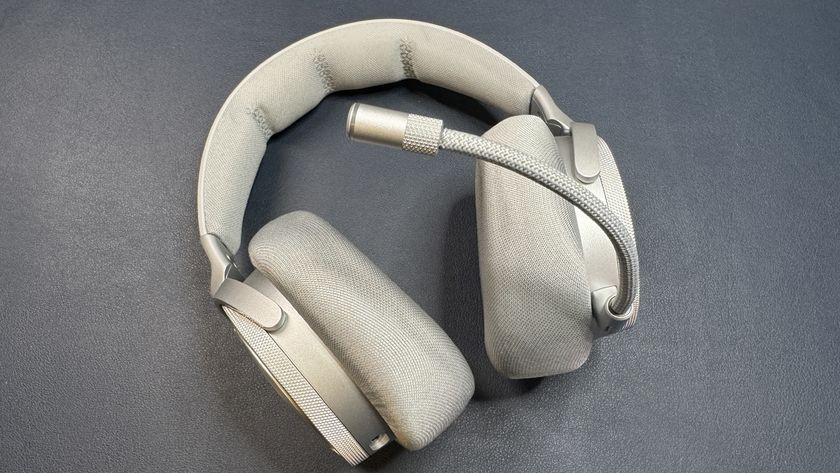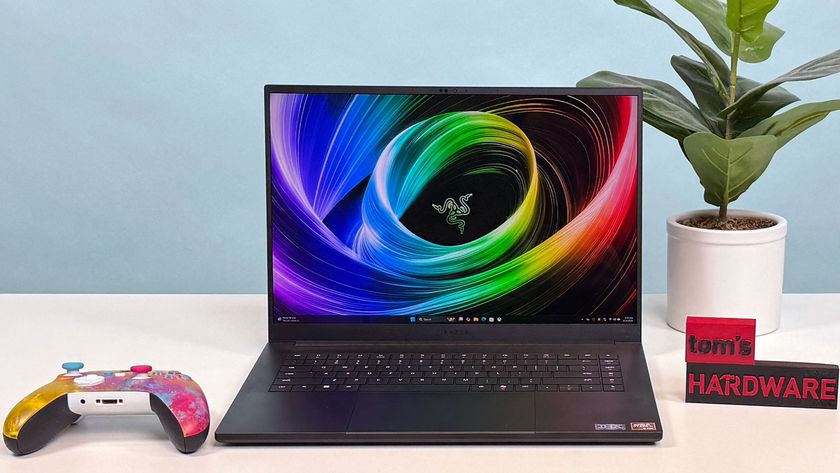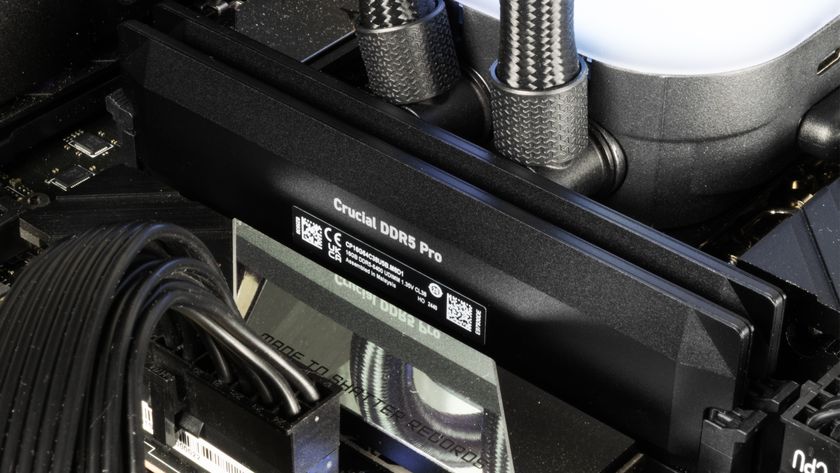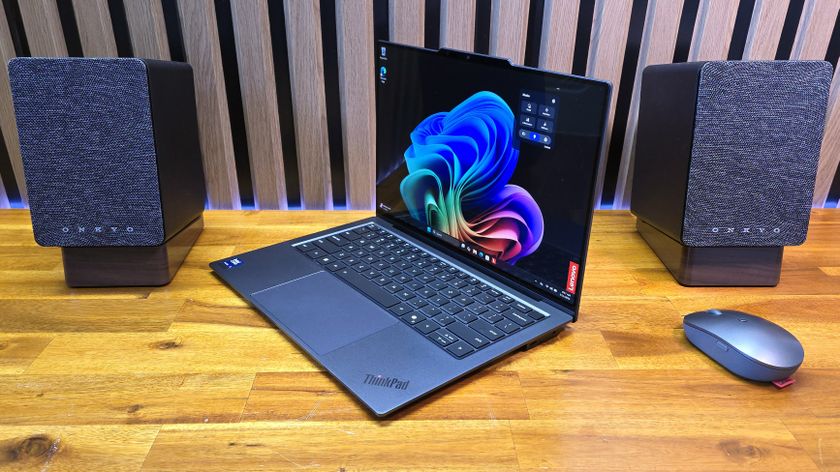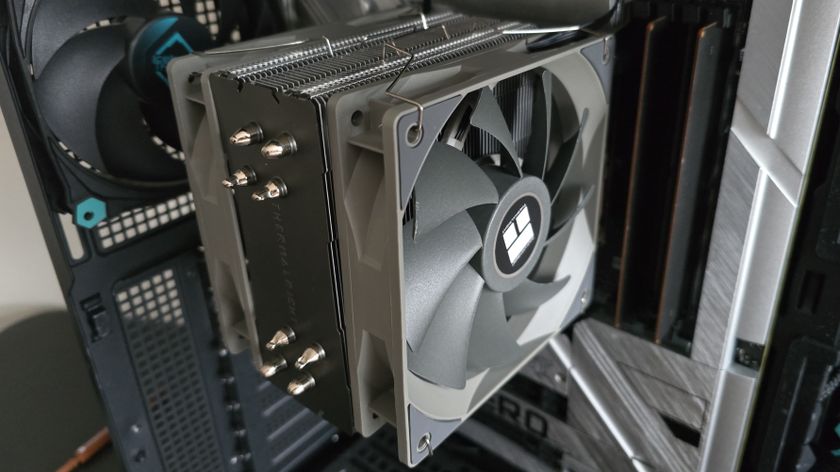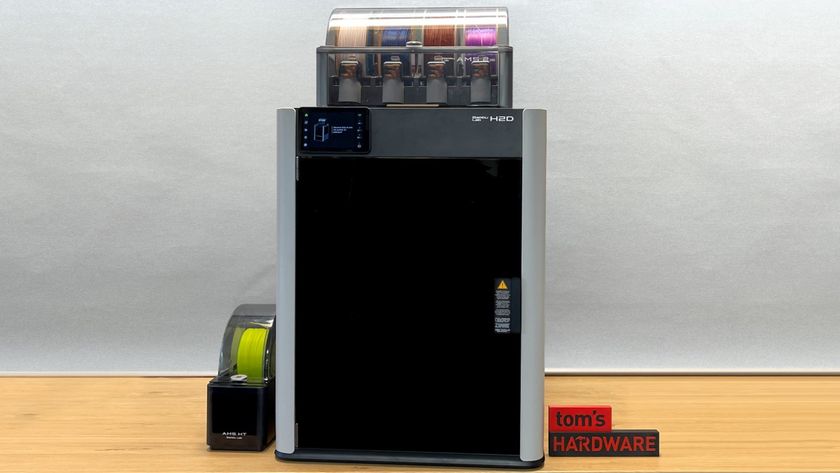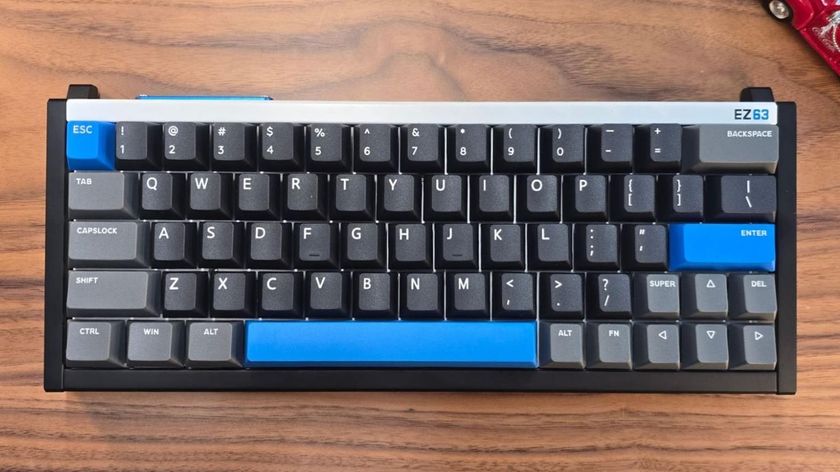Early Verdict
When cost is more important than sustained performance the ADATA SP550 is a solid option in 120GB and 240GB capacity sizes. The 480GB model is still very low cost but its price is too close to the Samsung 850 EVO that is a better drive overall and has a longer warranty.
Pros
- +
Cheap! The 240GB model is the sweet spot for the SP550 series but all of the drives break new ground for retail SSDs.
Cons
- -
Sustained write performance is a problem with most TLC drives and the SP550 just can't shake the TLC blues.
Why you can trust Tom's Hardware
Specifications, Pricing, Warranty & Accessories
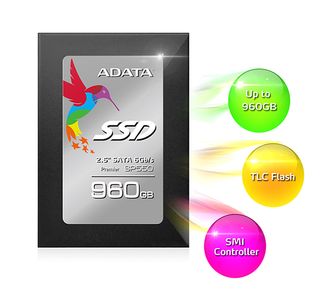
We observed several storage-oriented trends at this year's Computex that we expect to materialize in the fourth quarter of 2015. One example is extremely low-cost solid-state storage. Since the very inception of affordable client-oriented SSDs, Adata has shown itself to be comfortable competing against other fabless vendors. The company has several of its own product lines, and additionally builds drives for other brands. In recent years, Adata even increased its visibility by packaging NAND.
Interestingly, the Premier SP550 doesn't use Adata-packaged flash, but instead pairs Silicon Motion's SM2256 controller with new three-bit-per-cell NAND from SK Hynix. It's rare to see that company's flash outside of cellphones and its own branded SSDs. But SK Hynix continues increasing NAND output to make this possible. Now that SK Hynix is selling flash to third parties, we have another reason to expect plummeting SSD prices through the end of 2015.
TLC NAND needs to be used with a powerful controller capable of advanced error-correction technology. We've tested Silicon Motion's SM2256 in pre-production and retail form, and if you check out our Silicon Motion SM2256 Preview, you'll learn more about its LDPC code.
Specifications
MORE: Best SSDs For The Money
MORE: Latest Storage News
MORE: Storage in the Forums
In time, Adata plans to release a 960GB SP550. But for now, the company sells four lower-capacity models that deliver competitive performance compared to other low-cost SSDs. Triple-level-cell flash already accounts for a significant portion of the mainstream SSD market, most of which ships in Samsung's 850 EVO. And with TLC available from Toshiba and SK Hynix as well, the technology's prominence will only increase. In 2016, Micron will release 16nm TLC, and projections show that TLC will out-ship MLC (multi-level-cell) by a large margin this time next year.
Lower endurance aside, though, TLC flash suffers a major shortcoming that must be overcome before it's more widely accepted. Its native write performance is embarrassingly low compared to the MLC and SLC arrangements we know so well. Manufacturers combat low write performance by setting aside a portion of the NAND to write in a simulated single-level-cell mode. This is a three-to-one reduction in density for those cells, but a 4x increase in sequential write performance. For TLC-based SSDs to be successful, vendors must mask the technology's native write performance as much as possible. In the future, we'll see more interesting ways to do this, with one of the most promising being IMFT's 3DXpoint technology that may be used to cache all storage writes at DRAM-like speeds and densities. For now, this chipset-level approach is theoretical since IMFT hasn't really defined how 3DXpoint will be used in the client space.
Pricing, Warranty & Accessories
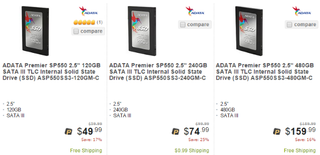
Regardless of performance, Adata tempts us right off the bat with low prices across its SP550 family. And although these drives recently hit the market, there's a good chance they'll get even more affordable in the coming month. For the last three years, all major SSD price changes took place during Black Friday week, and they never seemed to rebound to pre-Black Friday levels.
The SP550 drives available today are among the cheapest SSDs you can find. Similarly-priced competitors typically employ older controllers or come from manufacturers known for questionable build quality. Adata, on the other hand, is a name we trust to do the right thing when an issue surfaces. For instance, the company proved itself when SandForce had its TRIM issue. Since then, Adata hasn't encountered any newsworthy blunders.
Adata covers the SP550 with a three-year warranty that isn't limited by total bytes written.
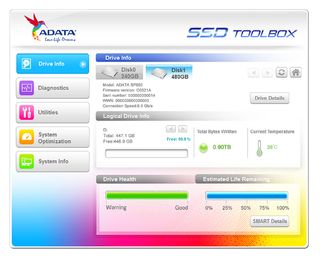
You won't get an elaborate accessory package with the Premier SP550. Instead, Adata allows its customers to download two software packages that enhance the user experience. The first is Acronis True Image HD for cloning your existing drive onto a new SSD. The second is Adata's SSD Toolbox, with which you can perform a number of useful functions.
-
Eggz A little boring, but I guess this would be good for a value build with an AMD chip for decent performance at a pretty low cost.Reply -
jjb8675309 The 240GB model is a good value but the 250GB EVO is going for $80 right now, I'd probably get that if faced with the choice.Reply -
Rookie_MIB Currently listing on Newegg for $42/$64/$119 for the 120/240/480GB.Reply
$119 for a good name-brand 480GB drive that performs decently enough is good to see, as a 1TB drive should come in right around the $200 mark.
The only thing is, and it's probably why the 960GB hasn't been released is that based on the performance of the 480GB drive they probably have to put in and validate a different controller. The 4 channel controller would just run out of bandwidth trying to handle all the data and would lose out on the parallelism which makes SSDs as fast as they are. So - they'd need an 8 channel controller for sure which might jump the cost a bit. -
zodiacfml If that's the conclusion then Adata has better SSDs compared to Crucial's latest drives. Samsung pretty owns the market due to being also a NAND manufacturer.Reply
